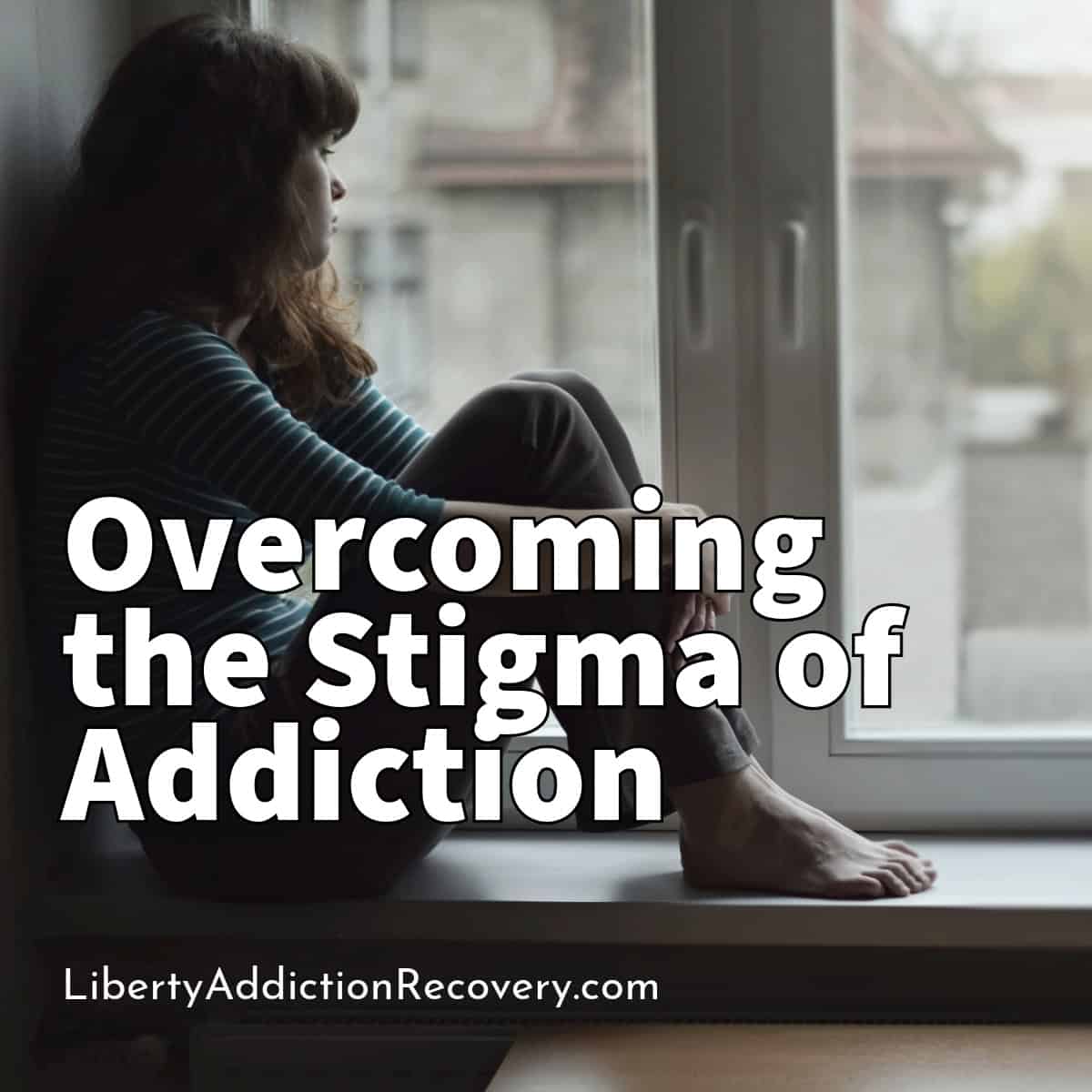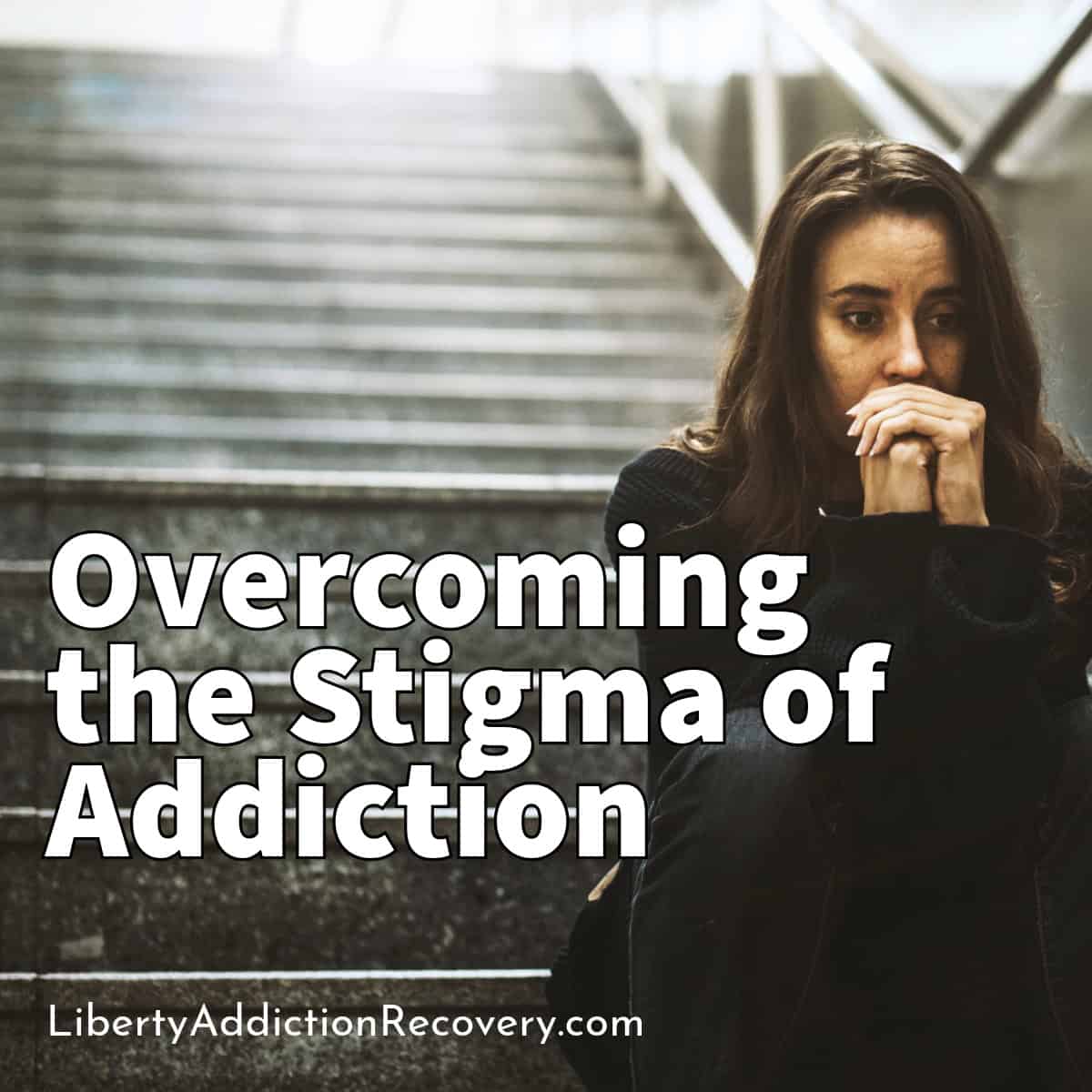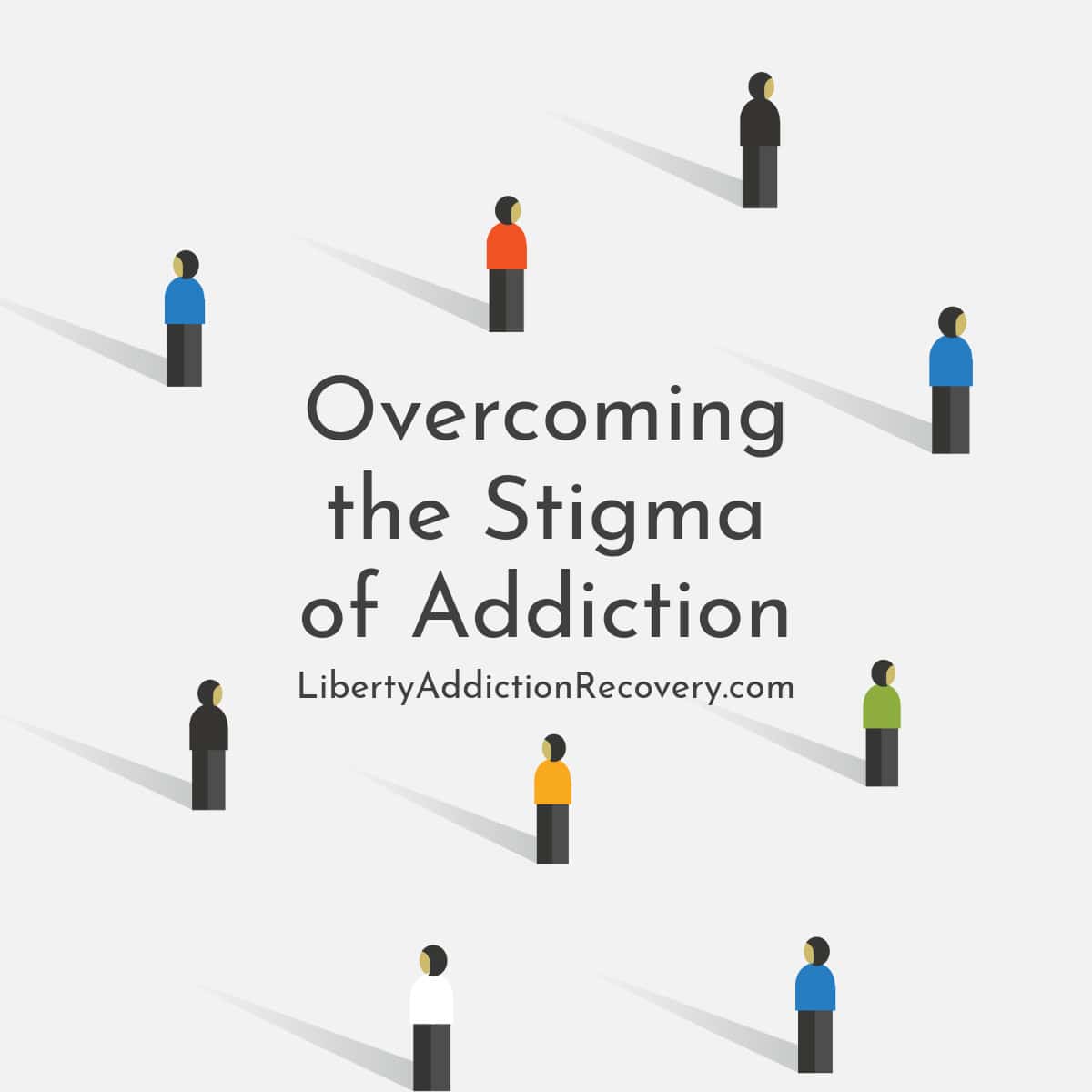Imagine being trapped in a cycle of addiction and desperately wanting to break free but feeling judged and ostracized at every turn. This is a reality for many who struggle with substance use disorders. The stigma of addiction often creates a barrier to seeking help, making the journey to recovery even more challenging. Addressing this stigma and promoting a compassionate approach to treatment can pave the way for a more supportive and understanding environment.
The Impact of the Stigma of Addiction
Mental Health Consequences
The stigma associated with addiction doesn’t just affect how others perceive those struggling with substance use; it also takes a toll on the individuals themselves. Negative stereotypes and judgment can increase shame, guilt, and worthlessness. These emotions often exacerbate mental health issues like anxiety and depression, creating a vicious cycle that makes recovery even more complicated.
Barriers to Seeking Help
One of the most damaging effects of addiction stigma is that it discourages individuals from seeking the help they desperately need. Fear of being judged or labeled as “weak” or “irresponsible” can prevent people from contacting healthcare providers or support groups. This delay in seeking treatment can result in the worsening of the addiction and associated health problems.
Social Isolation
Stigma doesn’t just affect the individual; it ripples out to their social circles. Those battling addiction often face social isolation, as friends and family may distance themselves out of misunderstanding or fear. This lack of a support system can further entrench individuals in their addiction and isolation, as they feel alone and unsupported in their struggles.
Roots of Addiction Stigma
Historical Perspectives
The stigma of addiction has deep historical roots. For many years, addiction was viewed as a moral failing rather than a medical condition. A lack of understanding and scientific knowledge about the nature of addiction fueled this perception. As a result, those struggling with substance use were often judged harshly and denied the empathy and support they needed.
Media Representation
Media plays a significant role in shaping public perceptions, and unfortunately, addiction is often portrayed negatively. Movies, television shows, and news stories frequently depict individuals with addiction as criminals or morally corrupt. These portrayals reinforce harmful stereotypes and contribute to the stigma that prevents people from seeking help.
Cultural Beliefs
Cultural beliefs and societal norms also contribute to the stigma surrounding addiction. In many cultures, there is a strong emphasis on personal responsibility and self-control. Addiction is often seen as a failure to adhere to these values, leading to judgment and discrimination. This cultural lens can make it difficult for individuals to admit they have a problem and seek the help they need.
Overcoming the Stigma of Addiction: A Compassionate Approach
Education and Awareness
One of the most effective ways to combat addiction stigma is through education and awareness. By informing the public about the scientific understanding of addiction as a disease, we can shift the narrative away from judgment and towards compassion. Educational campaigns and community programs can help dismantle misconceptions and promote a more empathetic view of those struggling with addiction.
Personal Stories of Recovery
Sharing personal stories of recovery can humanize the issue of addiction and break down stereotypes. Hearing firsthand accounts of individuals who have successfully navigated the path to recovery fosters empathy and understanding. These stories highlight the resilience and strength of those in recovery and can inspire others to seek help.
Language Matters
The words we use to talk about addiction matter. Using non-stigmatizing language can make a significant difference in how individuals with addiction are perceived and treated. Terms like “user” or “junkie” carry negative connotations and reduce a person to their condition. Instead, using phrases like “person with a substance use disorder” emphasizes the individual’s humanity and dignity. More terms to keep in mind.

The Role of Treatment Centers
Comprehensive Care
Residential treatment centers play a crucial role in combating addiction stigma by providing comprehensive care that addresses the multifaceted nature of addiction. At Liberty Addiction Recovery Centers, we understand that addiction is not just a physical dependence but also involves psychological, emotional, and social factors. Our holistic approach ensures that every aspect of a person’s well-being is considered, leading to more effective and lasting recovery.
Community Support
Community support is vital in overcoming addiction stigma. At Liberty, we foster a supportive environment where individuals can connect with others who understand their struggles. Group therapy sessions, peer support groups, alumni programs, and community activities help build a sense of belonging and reduce feelings of isolation. By creating a community of support, we help individuals feel less judged and more accepted.
Tailored Treatment Plans
Every individual’s journey with addiction is unique, and so should their treatment plan. At Liberty Addiction Recovery Centers, we offer personalized treatment plans tailored to each client’s specific needs. This personalized approach not only enhances the effectiveness of the treatment but also helps individuals feel valued and understood, further reducing the stigma they may feel.
Liberty Addiction Recovery’s Commitment to Compassion
Evidence-Based Treatments
Liberty Addiction Recovery Centers prides itself on using evidence-based treatments to help our clients achieve lasting recovery. Methods such as Cognitive Behavioral Therapy (CBT), DBT, MRT, and more have yielded positive results. By relying on scientifically backed modalities, we provide a solid foundation for recovery and demonstrate that addiction is a treatable condition, not a moral failing. Liberty Addiction Recovery Centers Program Success Rates

Long-Term Support
Recovery doesn’t end after the initial treatment phase. Liberty Addiction Recovery Centers are committed to providing long-term support to ensure sustained recovery and prevent relapse. Our post-treatment programs offer ongoing assistance, helping individuals navigate the challenges of maintaining sobriety in everyday life. This long-term commitment underscores our dedication to compassionate care.
Holistic Healing
Our holistic approach to addiction treatment addresses the physical, emotional, and social aspects of recovery. We offer a range of therapies and activities designed to promote overall well-being, from individual counseling and group therapy to art and music therapy. By treating the whole person, we help our clients build a fulfilling and balanced life in recovery, free from the stigma of addiction.
Call Us for Help
If you or a loved one is struggling with addiction, know that you are not alone. Overcoming addiction is a challenging journey, but seeking help is the first and most crucial step. Liberty Addiction Recovery Centers are here to support you every step of the way. Don’t let stigma prevent you from getting the care you need. Contact us today and take the first step towards a brighter future.
Promote Awareness
Help us combat the stigma of addiction by sharing this article and spreading awareness. The more people understand that addiction is a medical condition and not a moral failing, the more compassionate and supportive our society will become. Together, we can create an environment where everyone feels safe to seek help and support.
Conclusion – Stigma of Addiction
Overcoming the stigma of addiction is a collective effort that requires education, empathy, and compassion. By addressing the harmful effects of stigma and promoting a compassionate approach to treatment, we can help individuals feel supported and empowered on their journey to recovery. At Liberty Addiction Recovery Centers, we are committed to providing the care and support needed to overcome addiction and lead a fulfilling, stigma-free life.
- Learn more about our rehab centers in Utah.
- Discover the importance of choosing the right treatment.
- Find out what to ask when calling Utah rehab facilities.
- Explore our specialized programs for alcohol rehab Utah and residential treatment in Utah.







